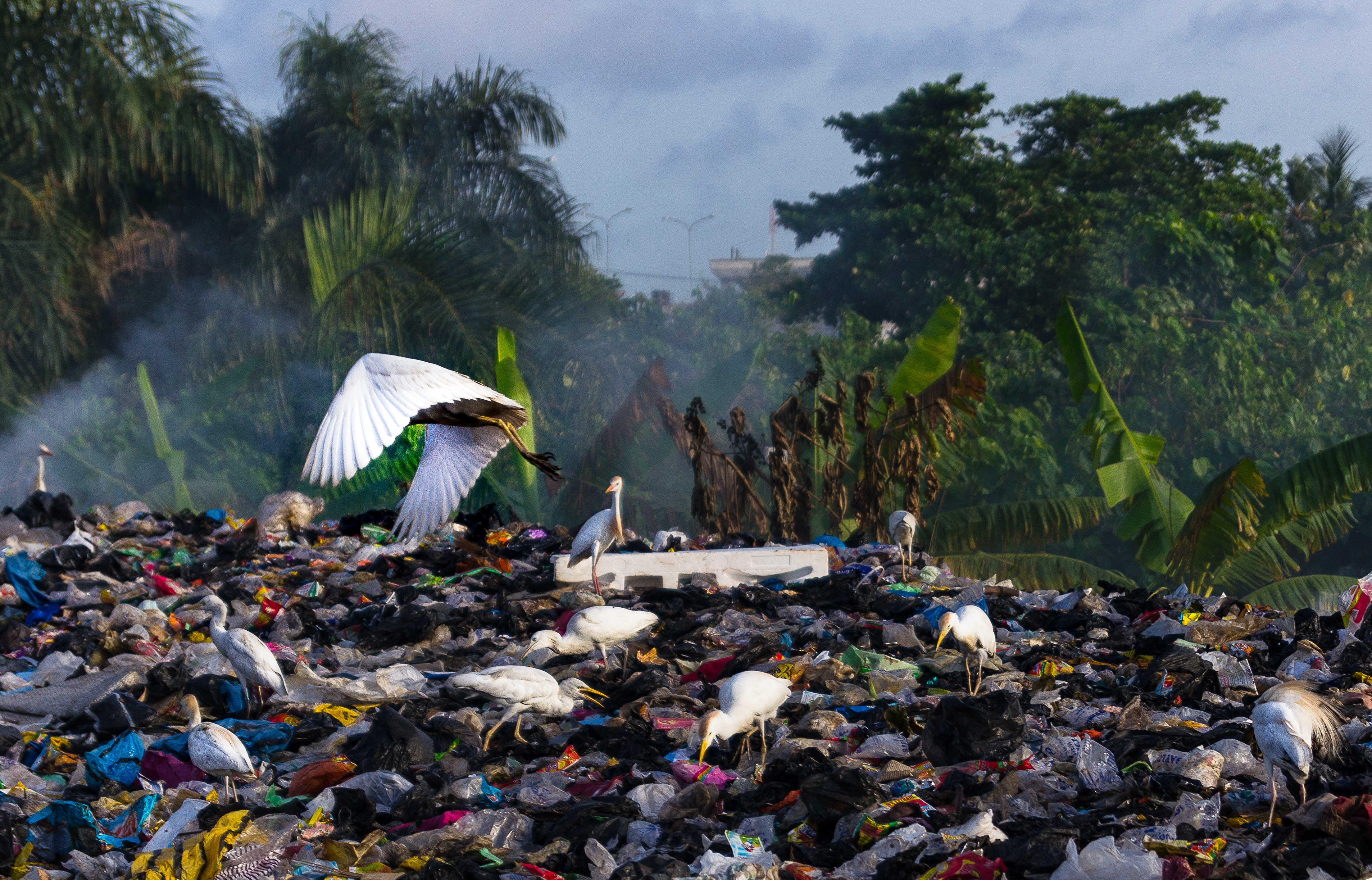
As detailed in a recent CBC story, Canada is getting creative about solving the food waste problem in a number of ways. The stories highlighted in the video are part of a CBC special report on the innovative start-ups that are showcasing how Canadians are focusing on the two major problems facing Canadians: an increase in food waste that ends up in landfills and a population of people that are food insecure.
Ways innovative Canadian companies are tackling the food waste problem.
Chef Jagger Gordon mentioned in the video that his daughter at a recent sleepover informed him that her friend had no food for breakfast at her home. His empathic response was, “Poverty and hunger can happen anywhere and to any family.” This conversation was a turning point for him to take steps to do something about food insecurity in his city. His years of experience working in the food industry in Canada, provided him with first hand knowledge on the thousands of pounds of food that goes to waste every week in his city. This prompted him to start a Donations only Grocery Store, Food Rescue . Food Rescue stocks its shelves with food still in prime conditions taken off the shelf by big box grocery stores to make space for newer product. This creates an avenue for people who are experiencing the worst case of food insecurity to pick up food items in exchange for a donation. Customers only need to donate what they can at checkout, no matter how little. This is a win-win for the community as it is rescues food from being diverted to area landfills and provides food to insecure members of the community.
Another noteworthy project mentioned in the CBC report, is spearheaded by Second Harvest . Second Harvest . collects excess food products from grocery stores and farmers and distributes them to food banks and donation centers like food Rescue around the city. This idea has become really popular as they can barely keep up with the demand. Second Harvest website (www.foodrescue.ca) connects big grocers that have excess food to donate with centers that can receive them. This is just one way companies are capitalizing on the secondary food market.
Another idea making a difference is the “Flash Food Box” . The “Flash Food Box” is a subscription based service that delivers curated food items that would have otherwise been discarded for not meeting strict standards set by big grocery stores. These products are simply disfigured or not “perfectly” shaped. Residents can sign up to receive a “Flash Food Box” every week that could include disfigured potatoes or too big cucumbers among others. This is a great way food is been diverted from our landfills. Although not discounted, environmental conscious residents are eager to play their part to help curb climate change.
These are just a few innovative ways companies are dealing with the food waste problem in Canada. We will continue to highlight companies taking steps to combat hunger and food waste while making a positive impact on climate change.